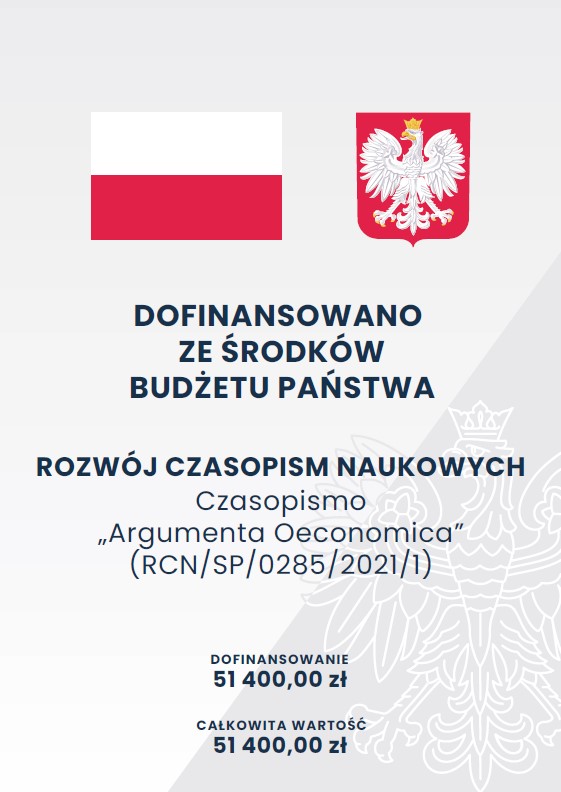What Determines the Institutional Change in Transition Economies?
Abstract
The aim of this study is to explain the determinants of the institutional change that has taken place in the countries of Central-East and Southeast Europe and the former USSR, which constituted quite a homogeneous group at the beginning of the transition period. The paper concentrates on the political and economic institutions in 24 post-communist economies in the period 1989-2014, using four groups of indices: the Freedom House's political freedom measure, the Index of Economic Freedom by the Heritage Foundation, the World Bank Governance Indicators (Government Effectiveness, Regulatory Quality, Rule of Law and Control of Corruption) and the transition indicators published by the European Bank of Reconstruction and Development. The results indicate that the main drivers of institutional development in the transition countries included the cultural and historical proximity of these countries to Western Europe and the application for membership in international organisations (EU, NATO, WTO), which established certain requirements concerning democracy and a market economy.(original abstract)Downloads
Download data is not yet available.
Downloads
Published
2019-01-30
Issue
Section
Articles
License
Copyright (c) 2019 Dawid Piątek

This work is licensed under a Creative Commons Attribution-ShareAlike 4.0 International License.







